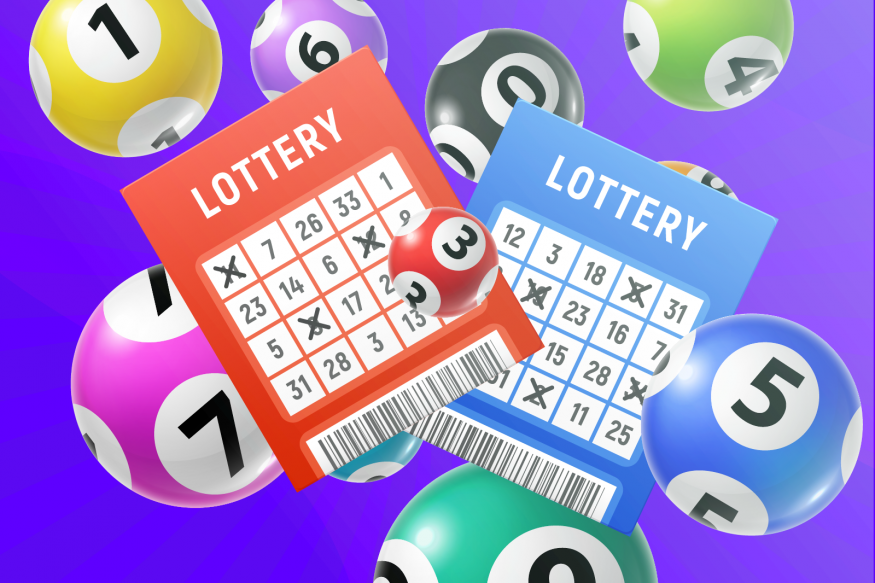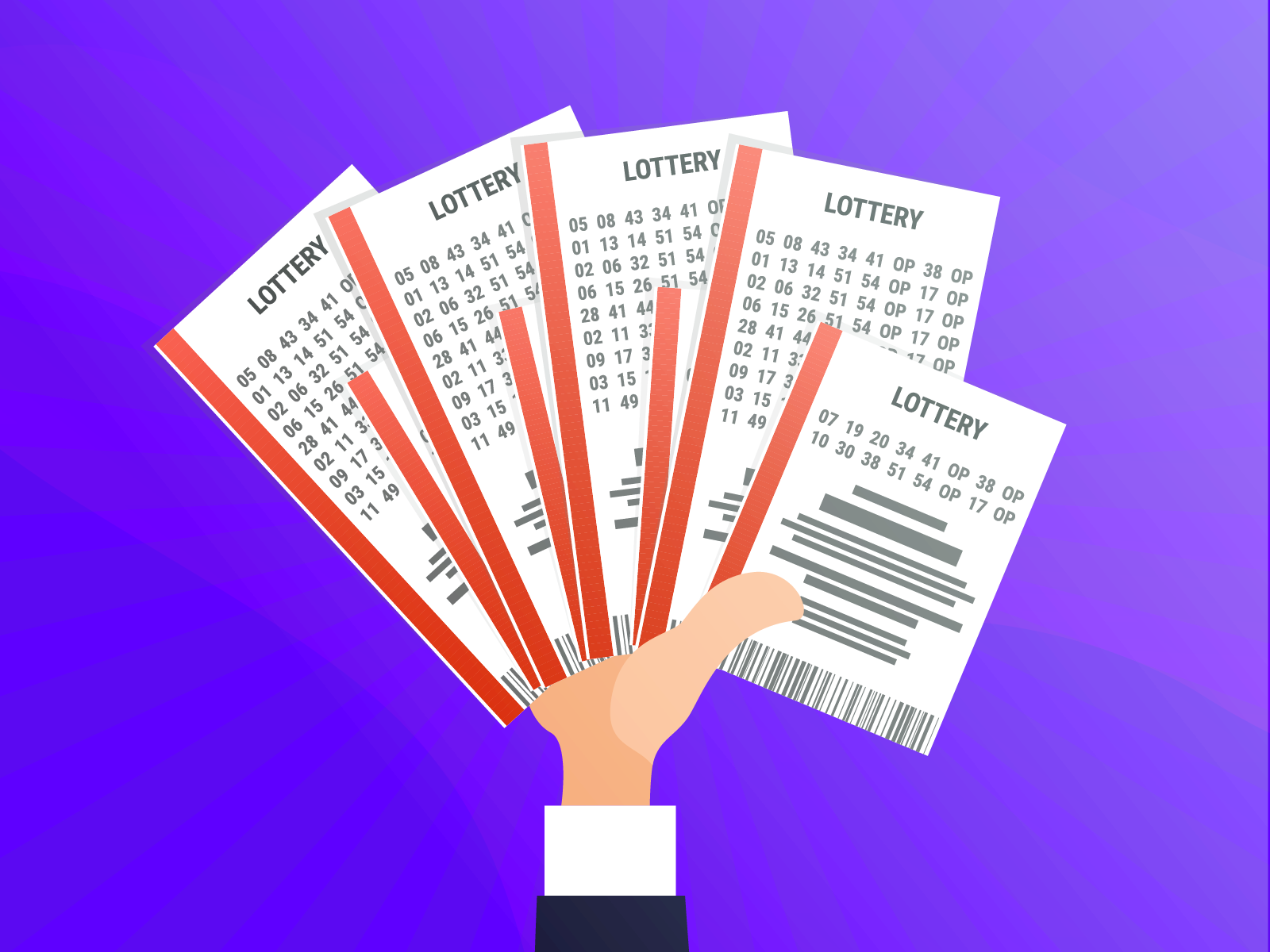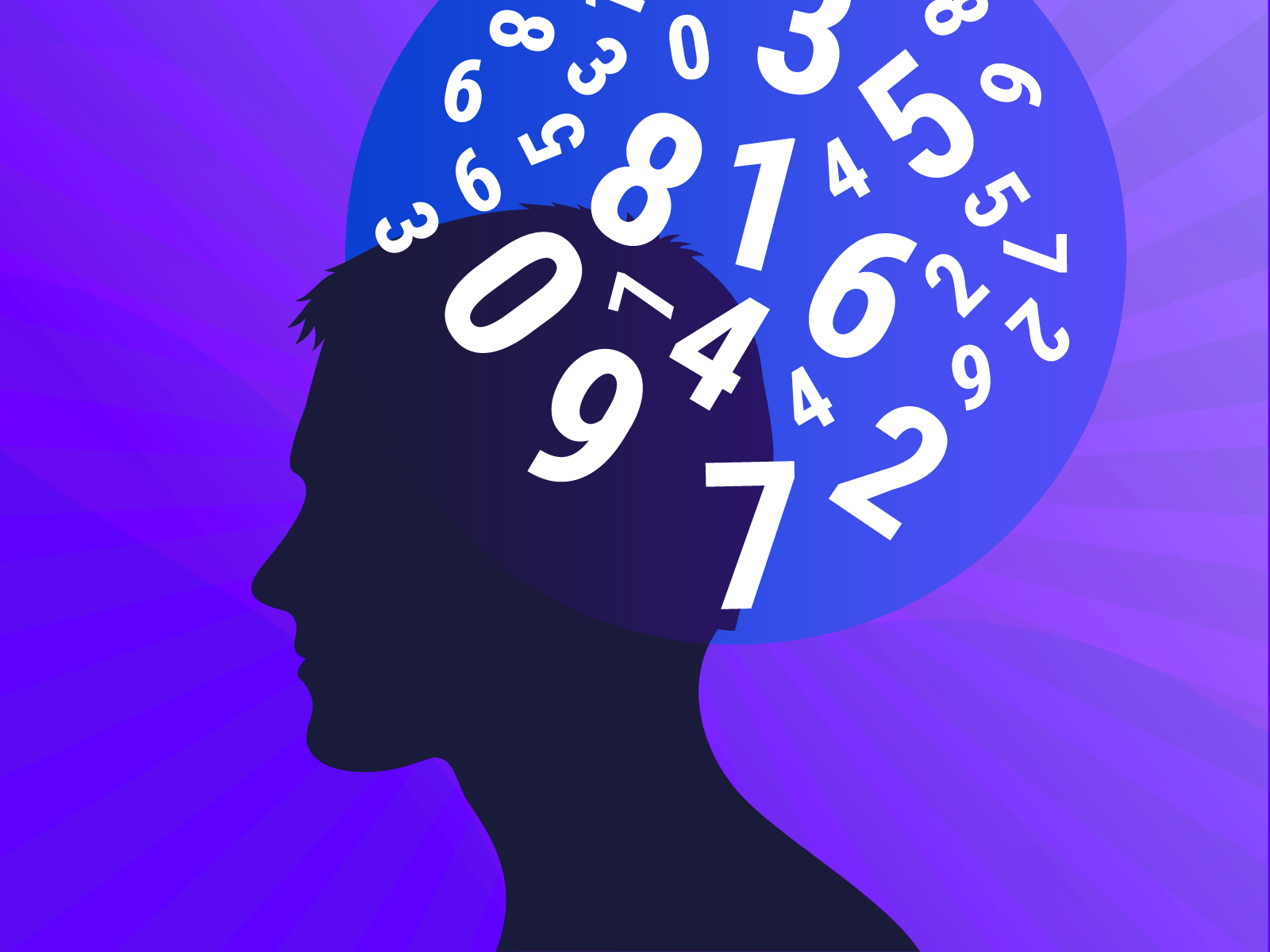Why Playing the Lottery Is a Game You’re Unlikely to Win

The Power of Big Numbers: A Lesson from Magic
Many magicians use the concept of probability in their performances to create a sense of awe in their audiences. For example, renowned Spanish magician Juan Tamariz has crafted a card trick that leverages the progression of numbers and the growing improbability of certain outcomes. This trick, which has only been performed for select groups, leaves audiences stunned - but its magic is not just in sleight of hand. The real secret is in showing how quickly numbers can spiral into astronomical territory, far beyond everyday comprehension.
Tamariz’s presentation works so well because it resonates on an emotional level. The impossibility of the odds becomes clear not through dry statistics, but through gut feeling. This phenomenon isn’t confined to card tricks; it also plays a significant role whenever we’re faced with decisions involving overwhelming odds, such as gambling or risky investments. The human mind readily switches from careful calculation to guessing when numbers become too large to grasp, often leading us far astray from reality.
Facing the Brutal Odds of the Lottery

The weekly lottery vividly illustrates how most people underestimate immense odds. Buying an occasional ticket for a bit of daydreaming is harmless enough if you know the money spent is just the price of hope. However, for some, this occasional flutter becomes a costly habit, with dozens of tickets purchased every week in pursuit of a massive payout.
What’s often missed is just how unfavorable the odds actually are. For example, winning the UK National Lottery by matching all six numbers is roughly a 1 in 45 million chance. Even matching just two numbers lands you at about 10 to 1 against. While 10:1 is easy for most people to understand, 45,000,000:1 quickly loses meaning and gets mentally categorized as just “a really big number.”
This is where misconceptions take root. Instead of truly understanding the magnitude of the risk, most people process these odds emotionally rather than logically. That’s why lottery marketing and certain gambling cons can manipulate perceptions, reframing astronomical odds in ways that lull players into a false sense of possibility. Fraudsters know that when faced with huge, abstract numbers, most people’s internal calculators fail-and they use this to their advantage.
Why Large Probabilities Are So Hard to Grasp

Many people, when presented with large numbers, find it difficult to put them into perspective or relate them to real-life consequences. This psychological blind spot is exploited not just by lotteries, but also by more sophisticated scams.
For instance, during a TV demonstration for “The Real Hustle,” presenters introduced a fake stock-picking computer that claimed to foresee complex investment outcomes far beyond what was believable. The polished visuals and convincing storyline persuaded most observers to accept the idea and believe in certain profits.
But there was one exception: a poker enthusiast familiar with calculating odds. Even without exact numbers, he immediately recognized the math didn’t add up and could see the layers of improbability growing with every additional claim. While he might not have known the precise statistics, his experience allowed him to sense the impossible nature of the offer-underscoring how rare it is, in practice, for people to properly assess the odds they face.
If you’re unfamiliar with crunching probabilities, it’s all too easy to get swept up by promises of easy gains. Unless you intentionally build a habit of examining the numbers, your natural tendency is to ignore them and chase the fantasy instead.
The Harsh Reality of Lottery Payouts
Let’s return to the UK Lottery for a reality check. Ask a typical player what the odds are, and many will quickly answer “about 14 million to one”-which used to be true, but current odds for winning the jackpot are far worse at around 45 million to one. The number may be staggering, but for most, it still just registers as “really hard to win.”
Looking at returns, the news is even bleaker. The minimum jackpot is £2.5 million, but with the odds mentioned above, the effective payout ratio is shocking. A single ticket costs £2, which means the potential return is only £1.25 million to one, not even close to matching the astronomical odds you’re up against. While the game does offer smaller prizes for matching fewer numbers, the simplest win-matching two numbers-is still a long shot, and the reward is merely a free ticket for the next drawing.
It’s worth considering how some people might focus on the smaller, frequent prizes as signs of a fair game, but this line of thinking actually opens the door for more manipulation and clever deception. Those minor wins can keep players invested, even while the odds remain massively unfavorable.
Understanding the Real Cost of Lottery Dreams
For millions, the lottery is an entertaining way to indulge in “what if” fantasies-a harmless bit of escapism for the price of a ticket. There’s nothing wrong with dreaming occasionally, as long as you recognize that the tiny chance of winning is, mathematically, as close to zero as you can get.
However, anyone repeatedly spending large sums on lottery tickets should pause and reconsider. The overwhelming statistics show that the lottery is designed to generate huge profits for organizers, not to create a steady stream of new millionaires. Learning to interpret big numbers, or at least acknowledging when you can’t, is a key step in making better financial and gambling choices. In gambling-as in magic-understanding how probability works is the real secret to not being fooled.













